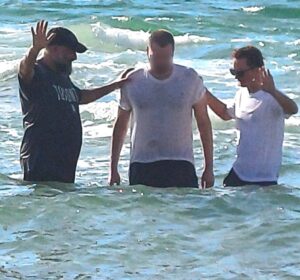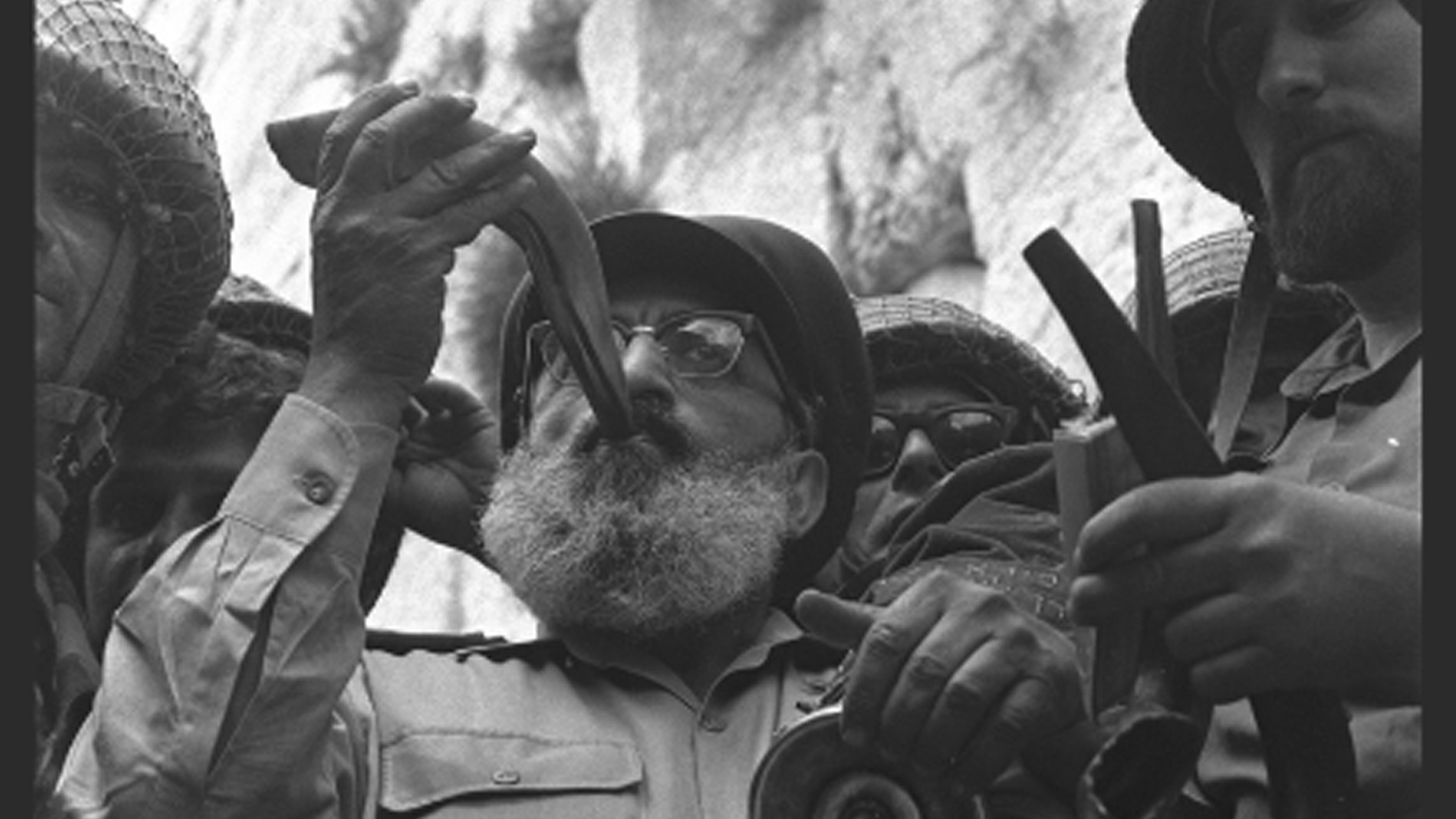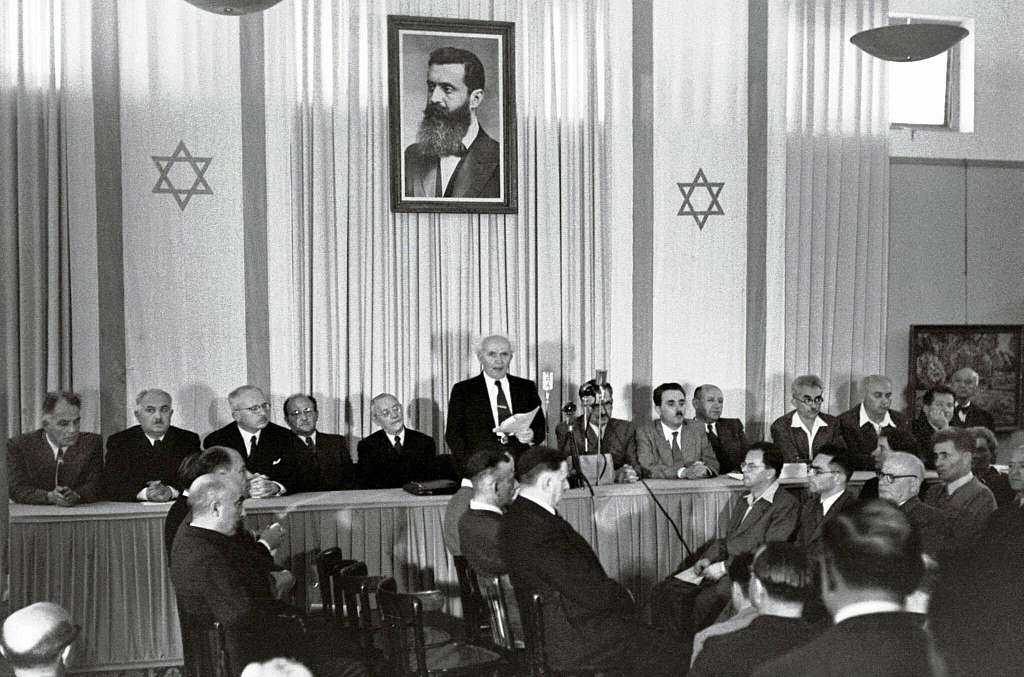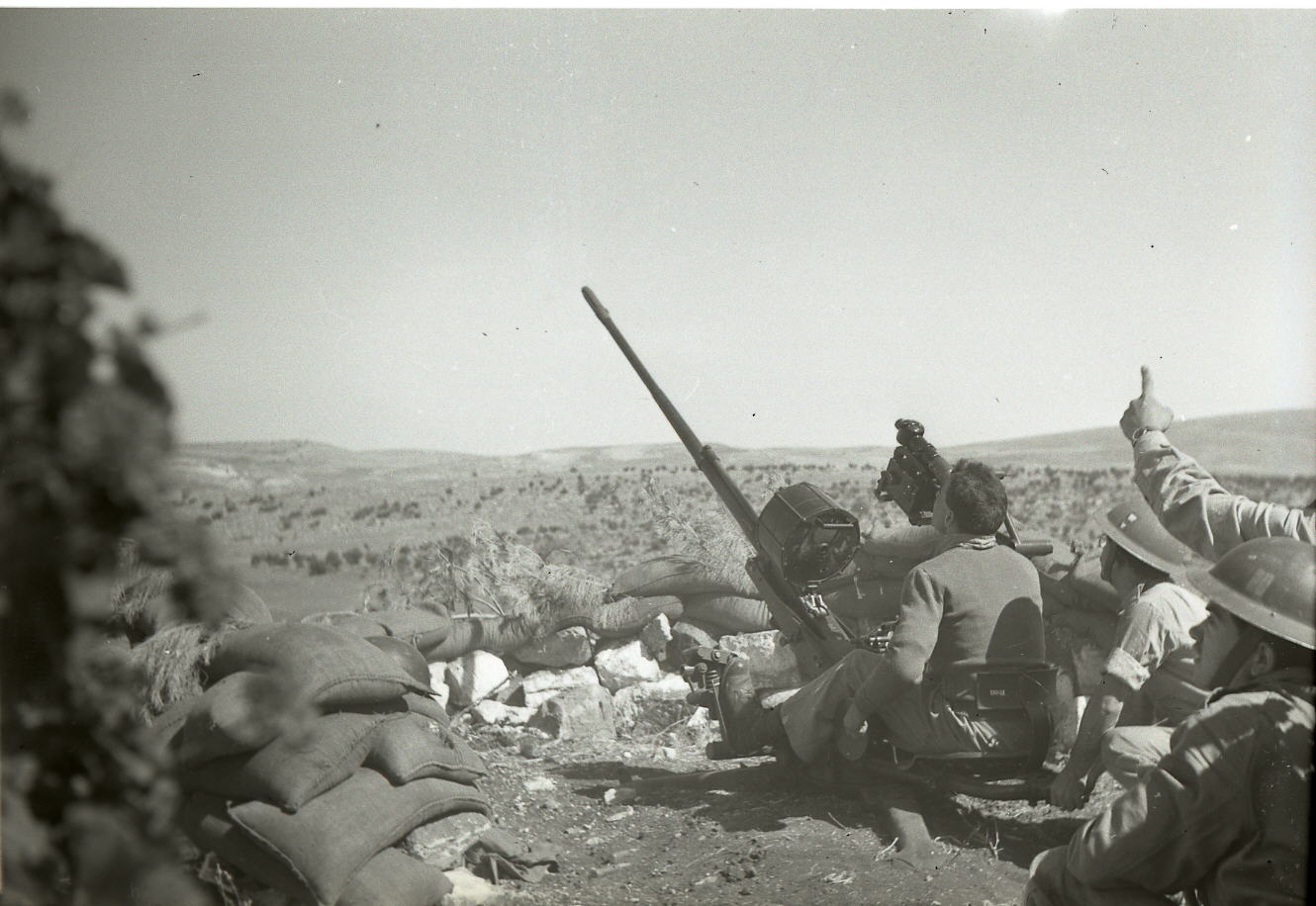From the covid crisis to the horrific October 7th attacks, fear, isolation and trauma are forcing Israelis to look for answers to existential questions, and many of them are looking to the New Testament. Here at Tiferet Yeshua, seekers and new believers reach out to us on a regular basis. Each month, we receive requests for copies of Hebrew New Testaments. I am grateful to be a part of our discipleship team and have the opportunity to meet with and disciple these people whose search for the truth will not be deterred by religious or cultural stigma.
A YOUNG MAN WHO READ THE NEW TESTAMENT SEVERAL TIMES ON HIS OWN
About five months ago, Yaniv started coming to our services. On his first visit, one of our team members spoke to him and discovered that he had read the New Testament several times already and deeply connected with what he found there. Yaniv was put in contact with me and Moti, and we began meeting with him every week.
The process of discipleship with Yaniv was very special: we discovered that God had already revealed deep spiritual truths to him through his reading the New Testament, things which usually take new believers time to understand. Because of this, we were able to delve deeply into the Word and explore important spiritual issues.
We were excited when Yaniv was ready to make his public confession of faith in water immersion at the beginning of August. Many new believers who start discipleship with us are anxious to be immersed in water right away, even before they have a clear understanding of all the foundations of the faith. This is surprising because there is a deep-seated Jewish religious revulsion to what is perceive as “Christian baptism” due to forced baptisms of Jewish children throughout the history of Church persecution (Jewish children would be abducted, baptized and then taken from their families).
Interestingly, though, many Hebrew-speaking Jews who read the New Testament intrinsically understand water immersion (mikveh) as it has been a purification ritual in Judaism for millennia and is the culminating step for anyone converting to Judaism. At Tiferet Yeshua, we make sure that people have a clear understanding of the foundations of the faith and what it means to follow Yeshua before making their decision to be immersed. Moti and I were honored to be with Yaniv at his immersion along with some of his family members who are not believers but are amazed at the positive transformation they are seeing in Yaniv’s life.

Our part does not end here: as a spiritual family, we are committed to continue meeting with Yaniv and encouraging him as he begins his walk as a new creation in Messiah. Please keep him in prayer that he would grow and be strengthened in his faith and that God would complete the good work of transformation that He has begun in Yaniv!
A MAN FROM A RELIGIOUS BACKGROUD SEEKS A CONNECTION WITH GOD
Several months ago, Uriel got in contact with us to ask questions about the New Testament. Uriel is a young man who lives in an orthodox community and is currently serving in a combat unit in the army. Our initial contact was through text messages or short conversations once every two weeks or so. After a while, we began meeting on zoom every couple of weeks to talk about faith in Yeshua. Because Uriel was serving in a reserve combat unit, our communication was not weekly. At the beginning of the Gaza war, he was called up to army reserves, at first to the south and then to Israel’s northern border with Lebanon.
What Uriel was looking for most was a personal connection with God. Our conversations centered around his question about how and where to seek God, how to feel His presence and know Him, and how to pray (in orthodox Judaism wrote liturgical prayers are read and recited instead of spontaneous personal prayer).
At first, Uriel was not willing to read the New Testament himself. However, he was willing that I would read to him from the New Testament or send him portions of verses in text messages. But, he refused to touch a New Testament himself.
After a while, I finally told Uriel, “Listen, you need to read the New Testament yourself. You need to get to know it yourself, not through me.” I thought that this might put an end to our meetings and discussions, but he surprised me by saying, “Ok, where should I start?” Staring in Matthew, Uriel began reading the New Testament, and suddenly our conversations changed. He was anxious to discuss what he was reading, and I could see that God was touching his heart in a powerful way.
Please pray for Uriel, that God would continue touching him with a revelation of Himself through His Word, that He would give Uriel his heart’s deep desire to experience a real personal connection with God. This is what Uriel is seeking with all his heart, and he openly says he has not been able to find it in the orthodox community or the traditional religious framework. Please pray with us that God would remove any hindrances or fears in his heart, that the Holy Spirit would guide him in all truth, and that he would accept and experience that Yeshua is the way, the truth and the life, and that no one comes to the Father but by Him.















